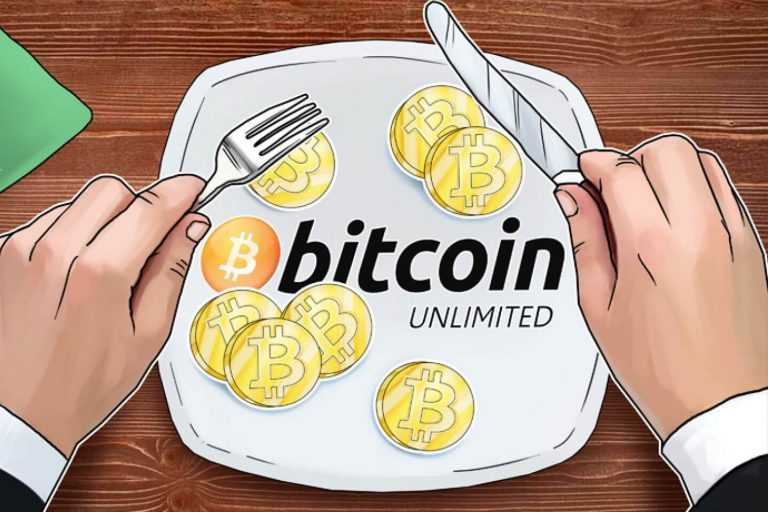A hard fork is a process of splitting a currency’s blockchain in two. It can happen for several reasons: security checkups, technical upgrades or extended functionality. It is without doubt that suchlike events can undermine the value of the underlying currency, as it previously happened with Ethereum.
That’s why the cryptocurrency community was thinking and talking a lot about the much-anticipated event. Traders and investors might have thought that the bitcoin hard fork was finally averted as BIP 91 received necessary support to lock in. Yet, as turns out, it is too early to celebrate bitcoin undivided.
Bitcoin Cash
Another hard fork, this time user-induced, may be coming. It is called Bitcoin Cash and scheduled for August 1, the date that was previously reserved for the BIP 91 decision. Bitcoin Cash is an alternative token that can come into existence, thus effectively splitting the blockchain in two.
A few words about the differences, associated with Bitcoin Cash. It will not implement SegWit, increase block size from 1 to 8 MB and peacefully coexist with the previous version of the blockchain (should the split actually occur).
Will it affect you?
All in all, the hard fork will not affect the account balance of all BTC owners. It would rather split the holdings into two parts, each with an equal number of coins. The value of two coins will, however, differ dramatically due to the fact that one of them will remain a major one, while the second will become only a minor one.
What does the community think?
Mining pools (such as Bitmain) have expressed certainty in supporting both blockchain should the split happen. More than that, one of the exchanges named ViaBTC has already listed Bitcoin Cash futures. Exchanges are less uniform in their evaluation. Coinbase, Coinfloor and Bitstamp do not show support to Bitcoin cash, while their counterparts from Bitfinex and Kraken have already announced that they would list the newly formed coins.

